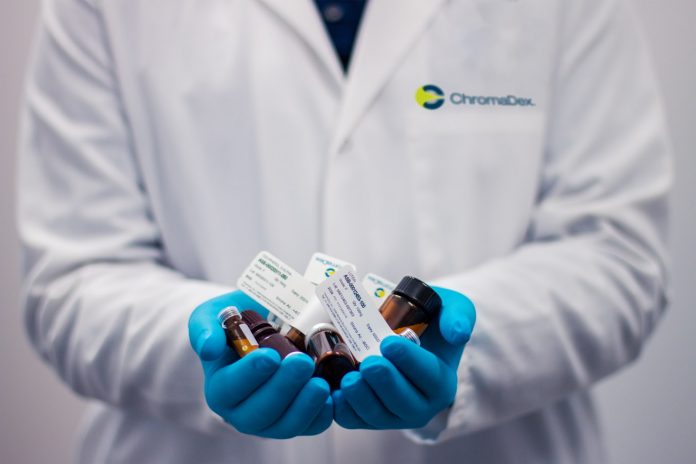The Bureau of Labor Statistics reports that there are currently 312,500 pharmacists working in the United States. With an average salary of over $126,000, which is often reached soon after graduating from college, this job is very desirable amongst individuals wanting to pursue some sub-field of medicine. Nonetheless, being a pharmacist is just one of the many roles that someone who wants to work in the pharmaceutical industry can pursue.
Moreover, it is actually a very common misconception and generalization to view the entirety of this field as being comprised solely of pharmacists. Instead, one should understand that there are many more directions in which their career could go after they complete the necessary education. The following are some alternative career paths often taken by pharmaceutical experts who do not want to become a pharmacist.
Sales Representative
Becoming a sales representative for pharmaceutical companies is a job that often takes a backseat to more popular alternatives. Regardless, it is a great option for someone who is interested in having a career characterized by customer interactions, negotiations, and on-going specializations. The reason why is that the main role of sales representatives is to educate the buyers about new drugs and try to introduce them to more effective alternatives. In order to so, however, pharmaceutical experts have to attend training that helps them fully understand how each drug that they are selling works. In addition, they have to possess a combination of superior technical knowledge and soft skills such as effortless communication to be able to negotiate long-term contracts with entities like insurance agencies or medical providers.
Quality Control and Assurance
According to a drug developer and manufacturer, Vilvet Pharmaceutical, one of the key roles that any expert from the pharmaceutical industry could have revolves around quality control and assurance. Vilvet Pharmaceutical is a company that pursues innovation through advanced technology as they discover and make new drugs to treat a wide range of conditions. Well, absent pharmaceutical specialists, the drug development process would be impossible to maintain as there would be no way to ensure that the proper quality levels are reached.
Fortunately, individuals who work in this area are extensively trained to oversee the entirety of the development process and ensure that every stage is up to par with the industry standards. Additionally, choosing this career will allow pharmaceutical professionals to venture out of their initial field and do work alongside the human resource department and senior management.
Research and Development
The most popular alternative to the traditional pharmacist position is usually within the research and development area. The reason why is that every drug that will ever get developed will require about five to ten years of research before it starts going through the testing stages. In order to find the compound that is even worthy of those testing stages that cost millions of dollars, there has to be a sufficient amount of research that backs it up.
Outside of the typical technical knowledge, choosing this career will let the pharmaceutical expert get involved with medicine as they learn the background of the diseases that they are creating the drugs for. That way, they will be able to pin-point the exact causes or factors of the disease that they are trying to combat with the new medicine.
Drug Manufacturing
Since there are a lot of professionals who may want to enjoy the hands-on experience of the drug creation process, Vilvet Pharmaceutical reminds that there is a plethora of manufacturing positions on the market. These are normally based on manual labor that involves operating advanced technology and machinery responsible for physically making the drug. A great perk about choosing this job is the fact that the learning curve will remain steep for the entirety of one’s career.
First, the individual will get to learn all the ins and outs of making a certain drug. Then, they will get specialized training on high-level equipment specifically designed for the pharmaceutical world. Lastly, they will eventually move up to managerial positions where they can improve their soft skills and become a part of the company’s leadership.
Government Regulation
Finally, another relatively unknown career choice for the pharmaceutical industry lies with the government entities. Just consider, for instance, the fact that the Food and Drug Administration (FDA) has to approve every single drug that is developed. In order to do so, they rely on their own specialists whose job is to review data and testing in order to conclude if a certain product is safe for public use. Obviously, the duties here will be extremely versatile as reviewing tends to include everything from simple data analyses to occasional reperformance of drug tests. Not to mention that working for practically any government agency will come with perks and benefits that are unparalleled by any of the previously mentioned options.
Find a Home-Based Business to Start-Up >>> Hundreds of Business Listings.

















































